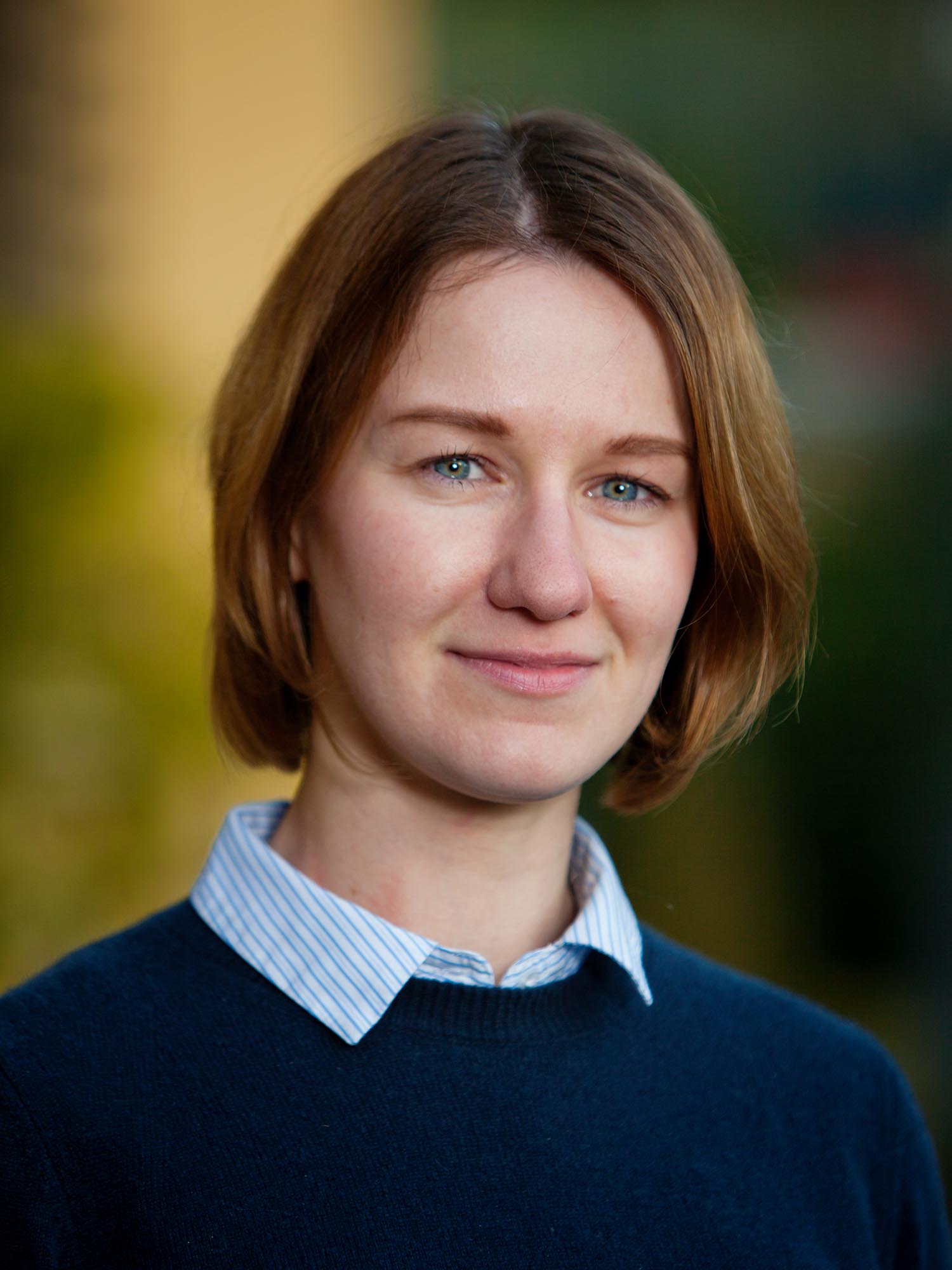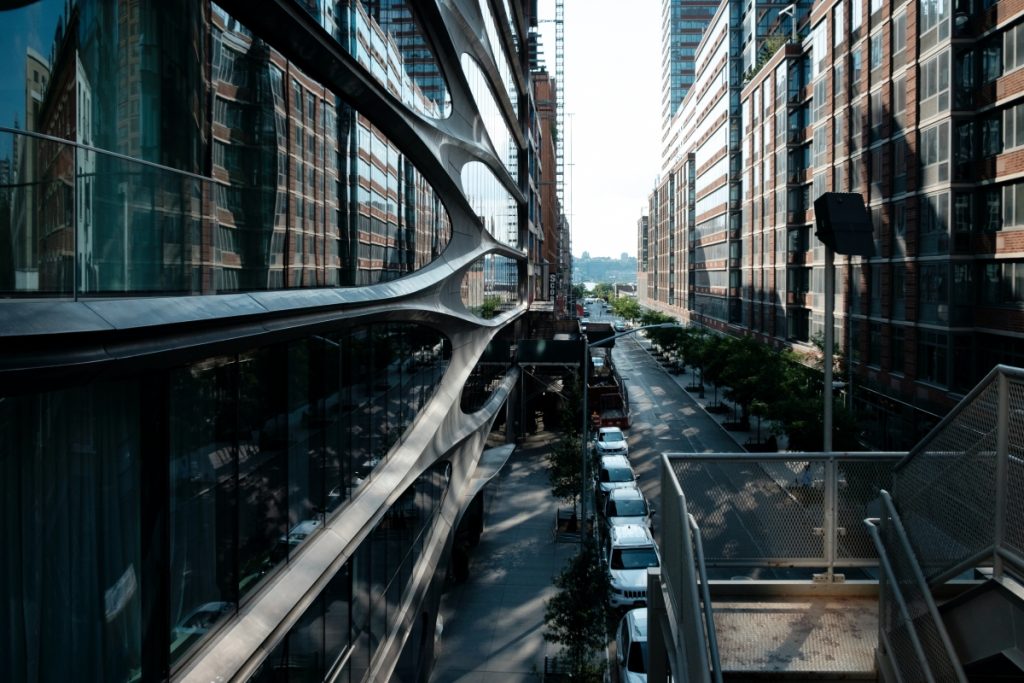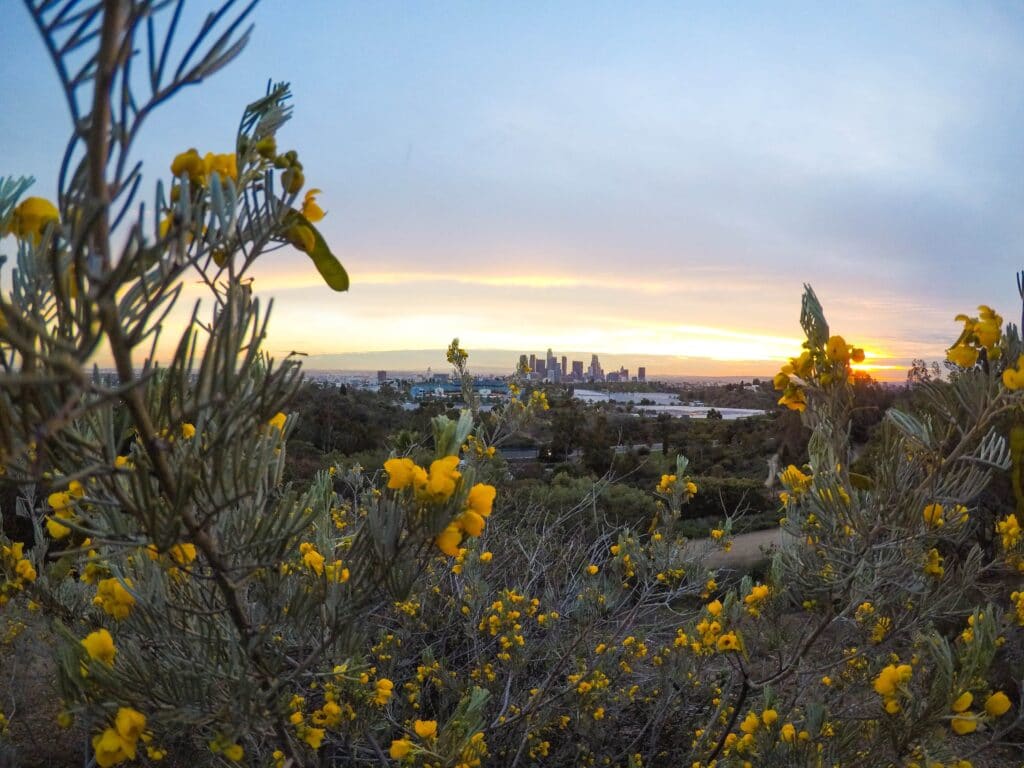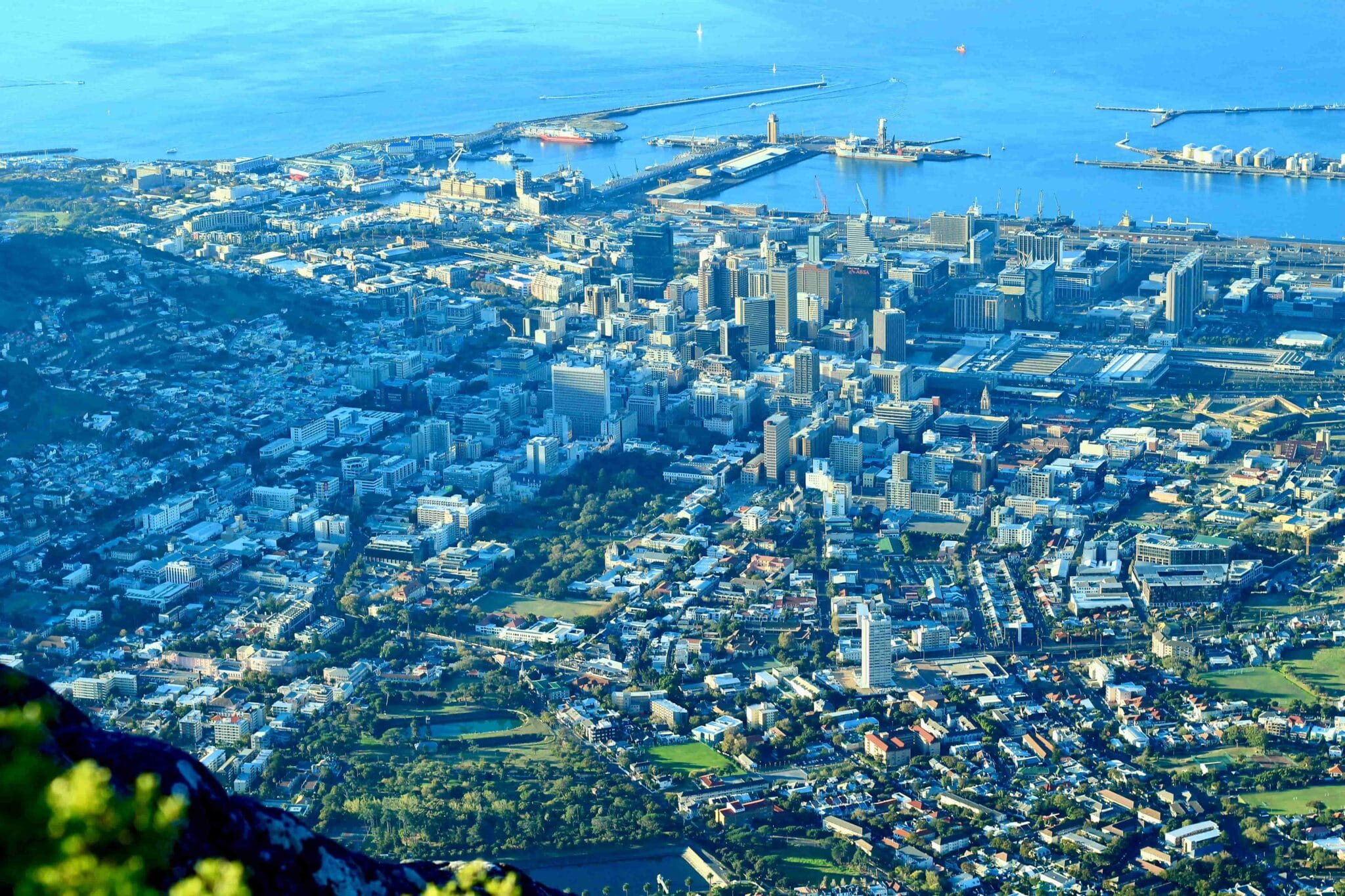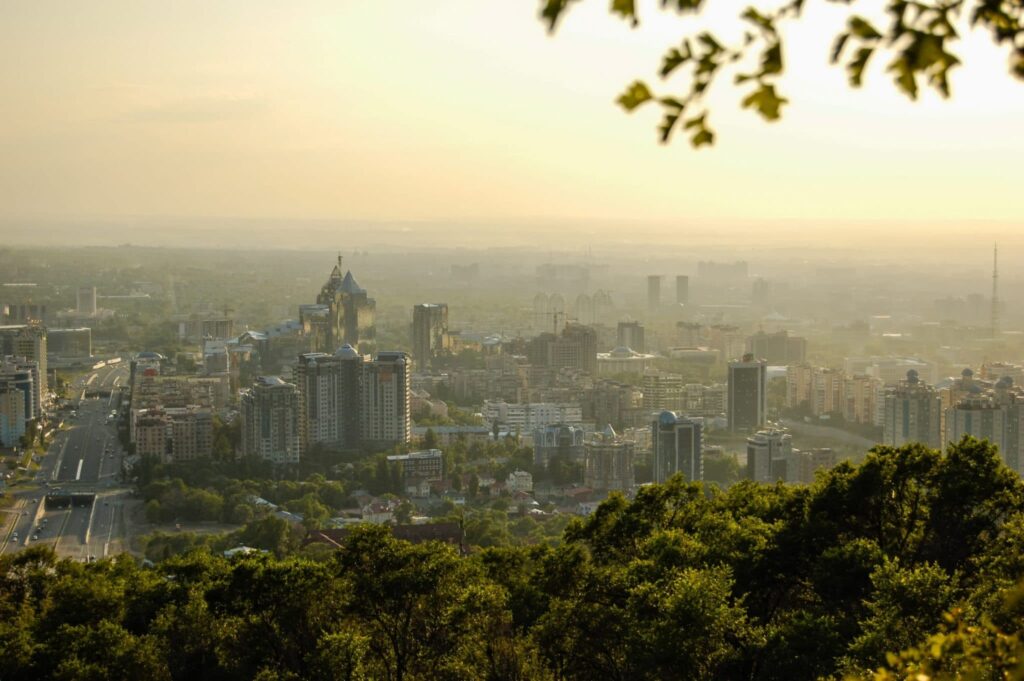Exploring urban transformations is at the core of IGLUS’ raison d’etre. Our program travels from cities to cities to understand how they are planned, governed, regenerated; to understand a phenomenon called by Henri Lefebvre as the production of space. He argues that space is socially produced, through interactions and power relations between different groups within a society to create a space that answers the priorities and needs of local social, economic and institutional structures; and incorporates the values, the functions and the creative potential to transform it over time.
During our modules, with our network of academics and practitioners, it is precisely the various aspects of the urban landscape transformation that we are addressing: How are cities reshaped to make them more resilient, productive, sustainable and ultimately, liveable? It questions cities as both products and processes, to understand not only the evolution of the governance of urban systems but also the positioning of the numerous stakeholders involved in its production and their relations.
For the first issue of the IGLUS Quarterly series looking at the “Transformation of Urban Landscape”, we chose to consider this wide topic through the perspective of urban regeneration.
Editor of this Issue:
Chloé Gaspari
Read the full issue here.

